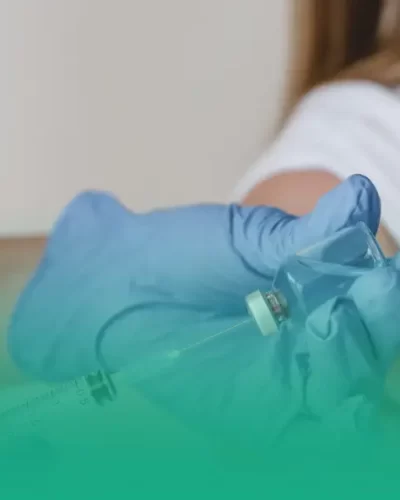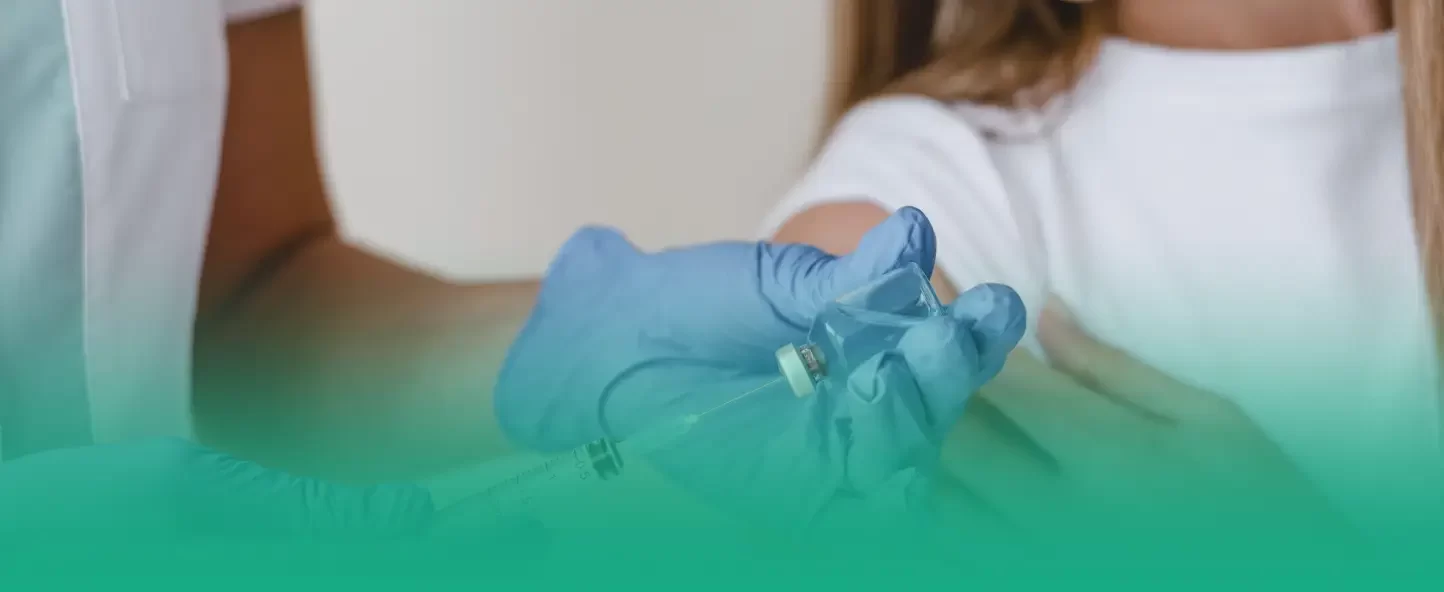Myth: Vaccinations are linked to autism
No, vaccines do not cause autoimmune disorders or autism. Numerous scientific studies and clinical trials have found no direct link between vaccinations and the development of these conditions.
The myth of a possible link between vaccinations and autism arose after the publication of a study in 1998 that suggested such a link. However, this study was retracted and subsequent studies did not confirm this association. In fact, there is extensive scientific evidence to refute this myth and confirm the safety of vaccination.
The same is true for the proposed link between vaccination and the development of autoimmune diseases. No major studies have found evidence that vaccines cause autoimmune diseases.
Vaccination is one of the most effective ways to protect against infections and prevent the spread of dangerous diseases. Vaccination has significantly reduced the incidence of many infectious diseases and saved millions of lives.
Myth: Vaccines cause diseases
“If I hadn’t been vaccinated, I wouldn’t have gotten sick.”
This is a common misconception. Vaccinations do not weaken the immune system. In fact, vaccination is a kind of training exercise for the immune system. Vaccination activates only a small part of the various immune responses.
If someone gets sick after being vaccinated, this does not mean that the vaccine caused the illness. Random coincidences are not that rare.
Flu vaccines only protect against influenza and do not prevent other respiratory infections that can make a person sick, regardless of whether they get the vaccine.
Vaccinations help build lasting immunity to specific infections by training the immune system to fight off pathogens without causing the disease itself.
Minor side effects such as fever, pain at the injection site, minor muscle pain or fatigue may occur after vaccinations. These symptoms usually go away within a day or two and are not a cause for concern.
Vaccinations are one of the most effective ways to prevent the spread of infections and protect health.
Myth: The flu shot provides complete protection against the disease
Even vaccinated people can get the flu, but their illness is milder and they are less likely to experience severe complications.
The effectiveness of influenza vaccination can range from 10 to 70%, depending on how closely the viral strains contained in the vaccine match the actual viruses circulating that season. For example, last year in Russia, Europe and North America, vaccination effectiveness was approximately 50%, and against the influenza A (H1N1) virus – more than 70%. Studies in Europe have shown that even if vaccination is only 10% effective, it can save the lives of up to 7,000 people per million vaccinated.
The flu vaccine protects against the two subtypes of influenza A viruses that are most dangerous to humans and, depending on the composition of the vaccine, against one or two genetic lines of the type B virus.
However, the viruses that cause acute respiratory viral infection (ARVI) are diverse. Unfortunately, the influenza vaccine does not provide protection against them, including adenoviruses and parainfluenza infections.
Myth: Sometimes it is better to get sick from certain diseases than to get a vaccine
This includes so-called “chickenpox parties”, where children are invited to visit a sick child so that they can all get over the disease together.
However, this is not always the best option. Infectious diseases are often dangerous due to their complications. For some, chicken pox may leave only a few blisters and a couple of days of rest at home, but for others it can lead to a purulent skin infection, scarring, or even serious complications such as chickenpox cerebellitis and hospitalization. It is impossible to predict how severe the disease will be in a particular child.
According to statistics, for every 100 thousand patients with chickenpox under the age of 14, there is only 1 case of death, while after 25 years this number increases to 25 cases. Children usually tolerate chickenpox more easily than adults, due to the characteristics of their immunity and differences in the clinical manifestations of the disease.






